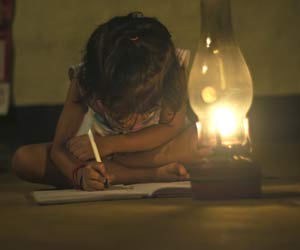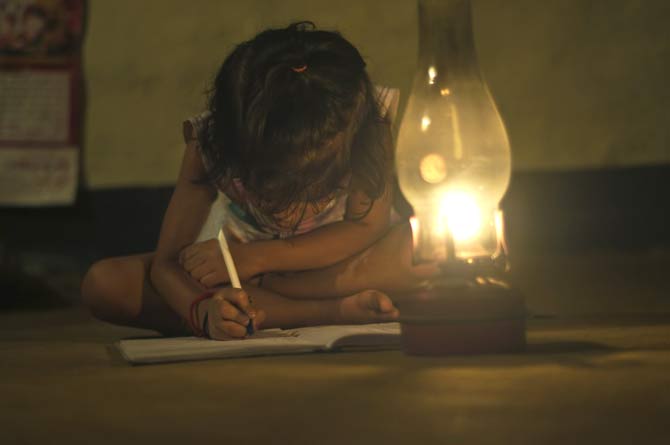India has slid several notches in the Global Gender Gap Index ranking as compared to last year, largely due to a widening of its gender disparity in political empowerment as also life expectancy and basic literacy

India has slid several notches in the Global Gender Gap Index ranking as compared to last year, largely due to a widening of its gender disparity in political empowerment as also life expectancy and basic literacy.
ADVERTISEMENT

Representation pic
In the Global Gender Gap Index 2017, India ranks 108 out of a total 144 countries that were analysed, with an overall score of 0.669 on a scale of 0-1. For reference, Bangladesh ranks 47 in the Index, faring much better than India in economic and political empowerment of women parameters.
In 2016, India had ranked 87 out of 144 countries, with an overall score of 0.683. India continues to rank fourth-lowest in the world on health and survival parameters, thus remaining the world's least-improved country on this sub-index over the past decade, as per the report.
"The newly available data reveals the scale of India's gender gap in women's share among legislators, senior officials and managers, as well as professionals and technical workers for the first time in recent years, highlighting that continued efforts will be needed to achieve parity in economic opportunity and participation," the report noted.
The Global Gender Gap Index was first introduced by the World Economic Forum in 2006 as a framework for capturing the magnitude of gender-based disparities and tracking their progress over time. This year's report analyses 144 countries on their progress towards gender parity on a scale of 0 (imparity) to 1 (parity) across four thematic benchmarks -- economic participation and opportunity, educational attainment, health and survival, and political empowerment -- and provides country rankings that allow for comparisons across regions and income groups.
On the positive side, India has succeeded in "fully closing its primary and secondary education enrolment gender gaps" for the second year running, and for the first time "has nearly closed its tertiary education gender gap", according to the report.
"With more than 50 years having passed since the inauguration of the nation's first female Prime Minister in 1966, maintaining its global top 20 ranking on the 'political empowerment' sub-index will require India to make progress on this dimension with a new generation of female political leadership," the report underlined.
 Subscribe today by clicking the link and stay updated with the latest news!" Click here!
Subscribe today by clicking the link and stay updated with the latest news!" Click here!






